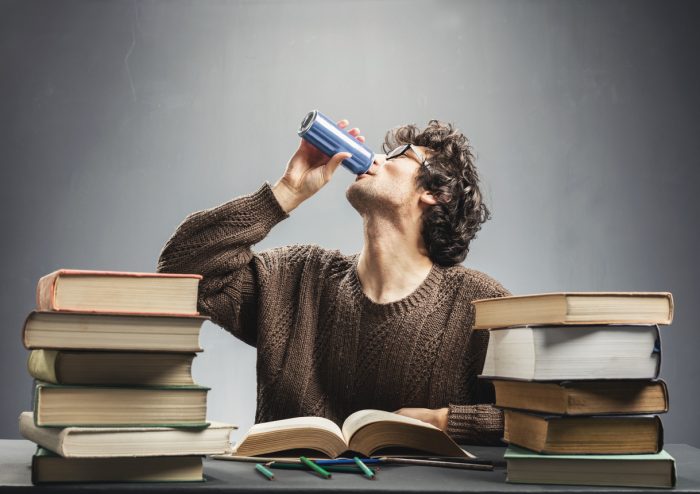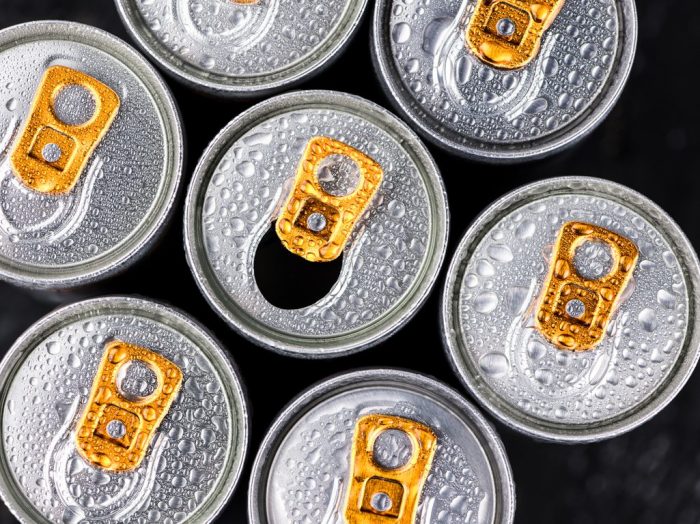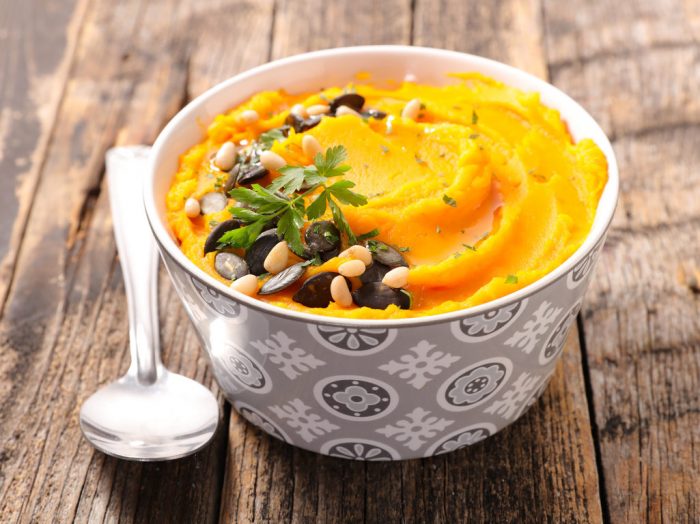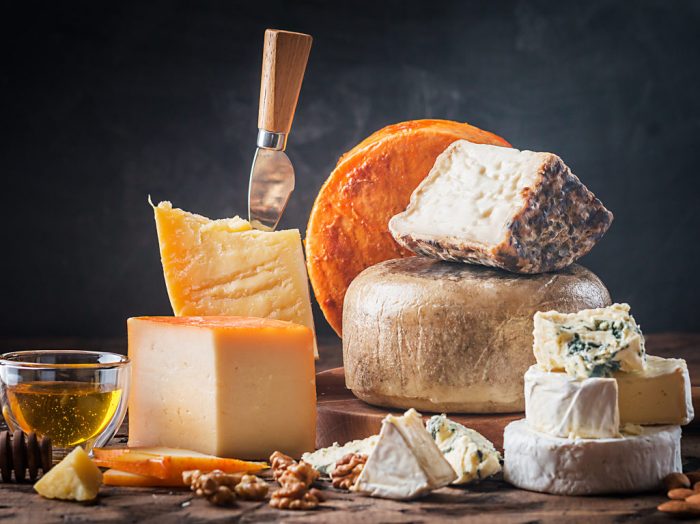A new study published in the American Journal of Preventive Medicine finds that the US is consuming more caffeinated energy drinks. And they’re also talking about how to prevent that, because of the health risks.
The research analyzed the past decade and concluded that the consumption of energy drinks has increased substantially over the past decade among American teenagers, young adults, and middle-aged adults. The scientists assessed 9,911 teenagers (between the ages of 12 and 19), 12,103 young adults (between the ages of 20 and 39) and 11,245 middle-aged adults (between the ages of 40-59 years). Researchers used dietary data from the 2003–2016 National Health and Nutrition Examination Surveys.
The team found that most age groups are having fewer caffeinated energy drinks, but the consumption by young adults is on the rise, which is very concerning when it comes to public health.
What can we do about the energy drinks?
“The increasing use of energy drinks, especially among young adults, is cause for concern and warrants continued study and surveillance,” explained senior author Sara N. Bleich, Ph.D., Department of Health Policy and Management, Harvard T.H. Chan School of Public Health, Boston, MA, USA. “Although the beverages are marketed to reduce fatigue and improve physical and mental performance, frequent consumption of these highly caffeinated and sugary beverages has been linked to negative health consequences.”

Energy drinks are definitely something you should limit as much as possible in your menu. They’re non-alcoholic beverages that contain caffeine, plant-based stimulants like guarana, amino acids like taurine, or herbs like gingko biloba. They were introduced in the United States in 1997. The caffeine content is somewhere between 50 to 500 mg per serving. Compare this to 95 mg for an eight-ounce (about 240 ml) cup of coffee. Moderate caffeine intake (400 mg a day for adults and 100 mg a day for teens) is considered safe and even healthy.
But what are the drawbacks of excessive consumption? Risk-seeking behavior, mental health strains like depression and even increased blood pressure. But another problem is that they have added sugar, which may increase the risk of obesity, type 2 diabetes, and dental issues. Another risk factor is mixing those energy drinks with alcohol, which can lead to consuming too much alcohol and alcohol-related events like car accidents.






